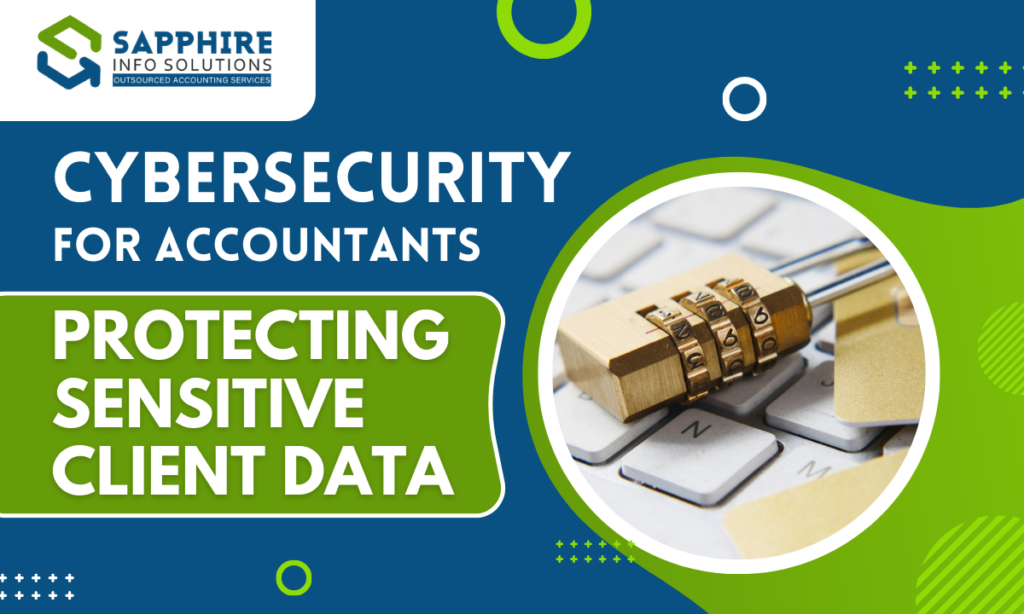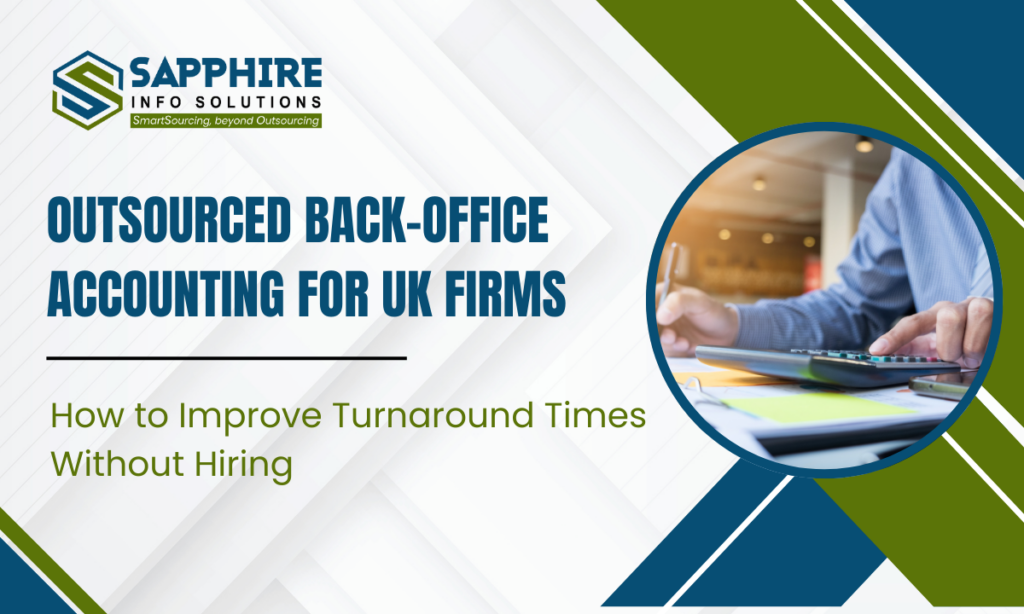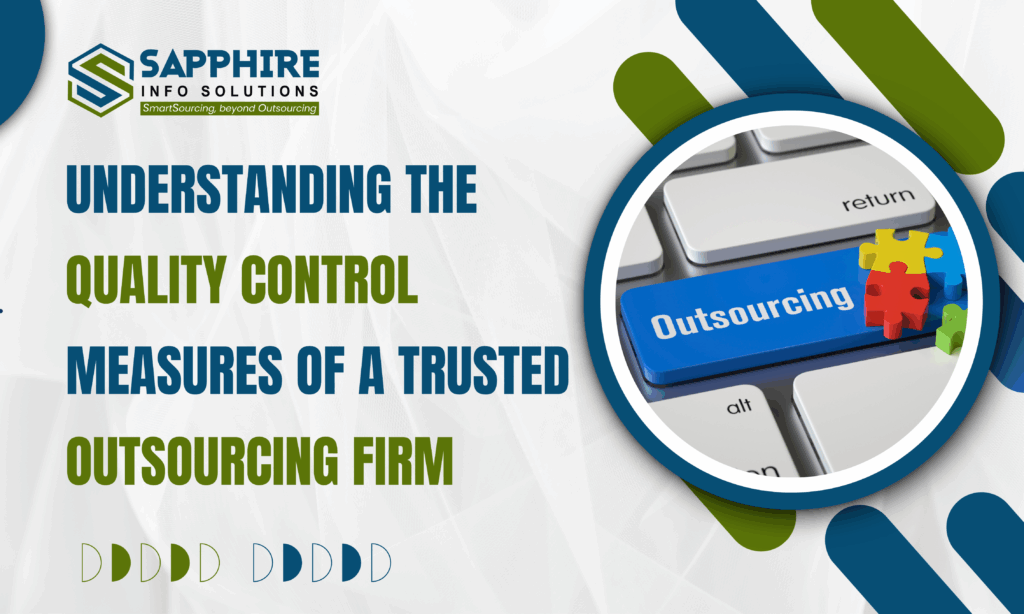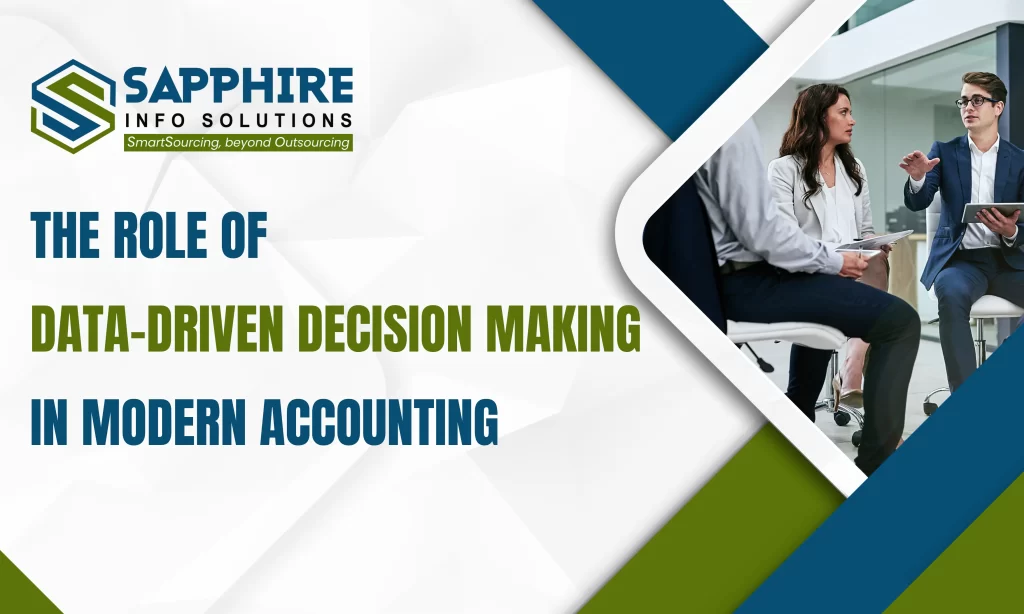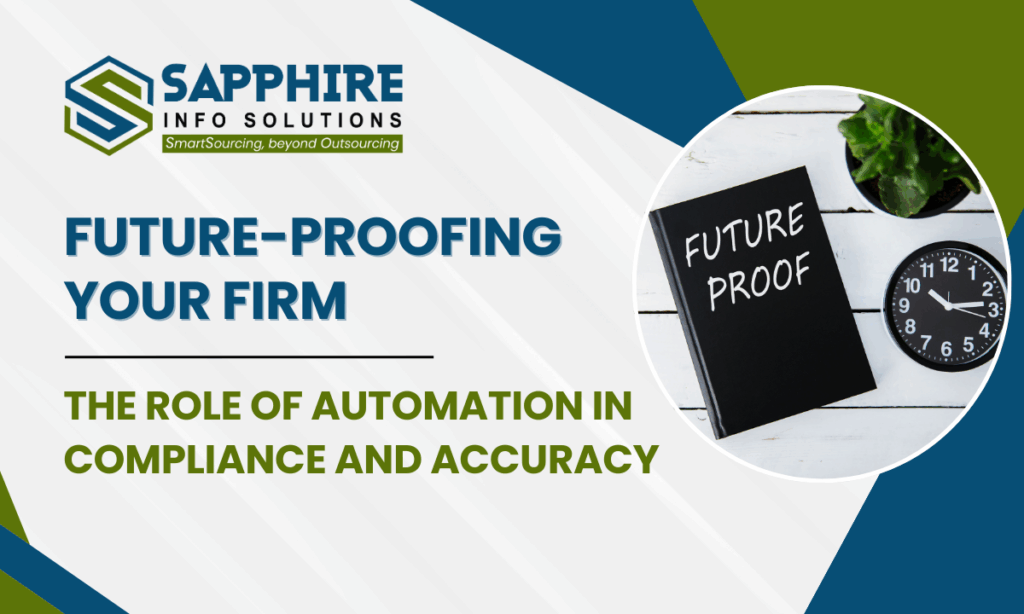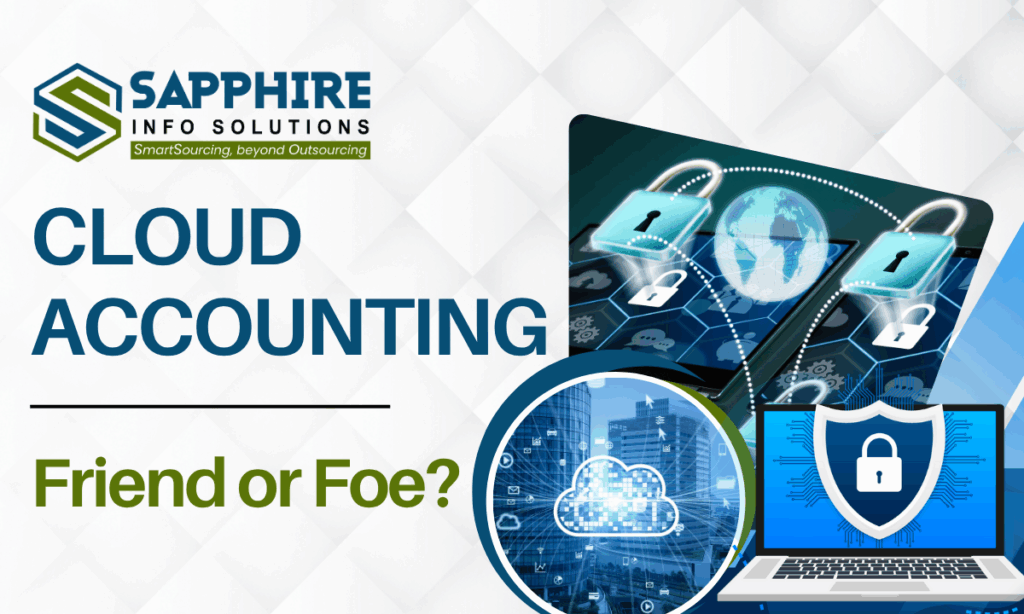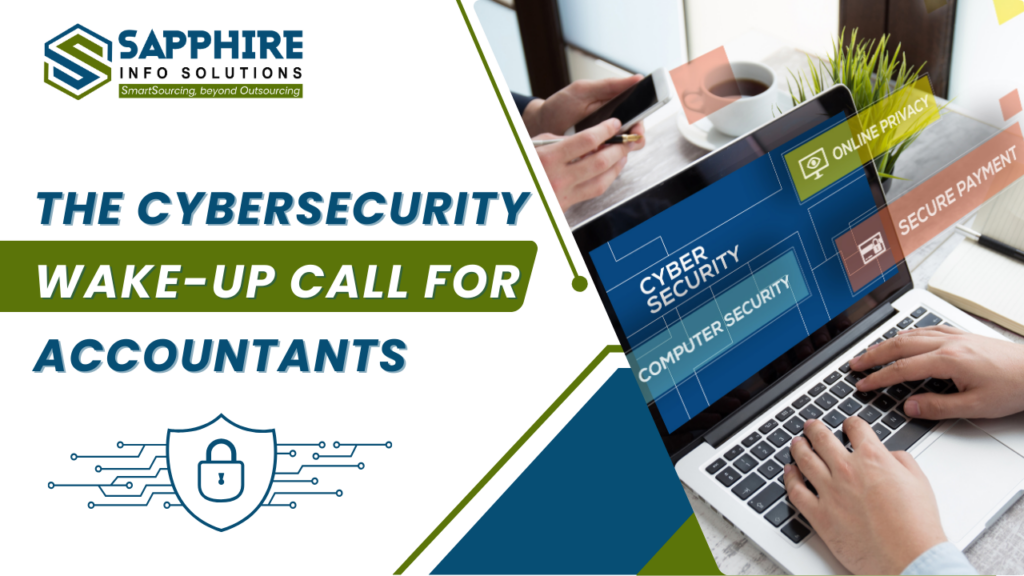In today’s digital age, where data breaches are becoming increasingly common, cybersecurity has never been more important, especially for accountants who handle sensitive client information. With cybercriminals constantly evolving their tactics, it’s crucial for accountants to stay vigilant and take proactive measures to protect their clients’ data.
The Importance of Cybersecurity for Accountants
As accountants, you hold a wealth of sensitive information about your clients, including their financial records, social security numbers, and other personally identifiable information. This makes you an attractive target for cybercriminals, who are constantly looking for ways to exploit vulnerabilities and gain unauthorized access to valuable data.
Data breaches not only result in financial losses but can also damage a firm’s reputation and erode client trust. Accountants must be proactive in safeguarding sensitive client data to maintain their reputation as trusted professionals.
Common Cybersecurity Threats for Accountants
Before we delve into best practices for cybersecurity, let’s first understand the common threats that accountants face in the digital landscape. Cybercriminals employ various tactics to gain access to sensitive information, such as:
- Phishing Attacks: These are malicious attempts to trick individuals into revealing sensitive information through deceptive emails or websites that mimic legitimate organizations.
- Ransomware: This type of malware encrypts files on a victim’s computer, making them inaccessible until a ransom is paid to the attacker.
- Malware: Malicious software, including viruses, worms, and Trojans, can be used to gain unauthorized access to systems or steal sensitive data.
- Social Engineering: Attackers may manipulate individuals into disclosing sensitive information through techniques such as impersonation or eliciting trust.
By understanding these common threats, accountants can better prepare themselves to protect against them.
Data Breaches in the Accounting Industry
The accounting industry has not been immune to data breaches. In fact, several high-profile breaches have highlighted the need for robust cybersecurity measures. These breaches have resulted in significant financial losses, compromised client data, and damaged reputations.
One such example is the 2014 breach of a major accounting firm, where hackers gained access to confidential client information, including names, addresses, and Social Security numbers. The breach not only cost the firm millions of dollars but also led to a loss of trust among its clients.
These incidents serve as a wake-up call for accountants to prioritize cybersecurity and take proactive steps to protect their clients’ sensitive data.
Best Practices for Securing Sensitive Client Data
Implementing strong cybersecurity measures is essential for accountants to protect their clients’ sensitive data. Let’s explore some best practices that can help accountants safeguard their information:
Implementing Strong Passwords and Two-Factor Authentication
Creating strong, unique passwords is the first line of defense against unauthorized access. Accountants should encourage their clients to use complex passwords that include a combination of uppercase and lowercase letters, numbers, and special characters.
Furthermore, implementing two-factor authentication adds an extra layer of security by requiring users to provide an additional verification code or biometric information. This ensures that even if a password is compromised, an attacker would still need an additional factor to gain access.
Encrypting Client Data and Using Secure File Sharing Platforms
Encrypting client data is crucial in ensuring its confidentiality, even if it falls into the wrong hands. Accountants should utilize encryption algorithms to protect sensitive information both at rest and in transit.
Additionally, using secure file sharing platforms with built-in encryption features can further enhance data protection. These platforms provide a secure environment for sharing files with clients, reducing the risk of unauthorized access.
Training and Educating Staff on Cybersecurity Measures
Human error is often the weakest link in cybersecurity. Accountants should invest in training and educating their staff about the importance of cybersecurity, common threats, and best practices.
Staff members should be trained on how to identify and report phishing attempts, how to create strong passwords, and how to handle sensitive client information securely. Regular training sessions and awareness campaigns can significantly reduce the risk of security breaches due to human error.
Regularly Updating and Patching Software and Systems
Keeping software and systems up to date is crucial in maintaining a secure environment. Accountants should regularly update their operating systems, antivirus software, and other applications to ensure they have the latest security patches.
Unpatched software can be a gateway for cybercriminals to exploit vulnerabilities and gain unauthorized access to systems. Regular updates and patches help close these security gaps and minimize the risk of breaches.
Monitoring and Detecting Cyber Threats
Implementing robust monitoring systems can help accountants detect and respond to potential cyber threats in real-time. By monitoring network traffic, system logs, and user activity, accountants can identify any suspicious behavior and take immediate action.
Additionally, implementing intrusion detection and prevention systems can help detect and block malicious activities, preventing unauthorized access to sensitive client data.
Conclusion: Ensuring the Security of Client Data in the Accounting Profession
In conclusion, cybersecurity is of paramount importance for accountants who handle sensitive client data. By implementing best practices such as strong passwords, encryption, staff education, software updates, and monitoring, accountants can protect their clients’ information from cyber threats.
Remember, the threat landscape may be ever-changing, but with the right knowledge and tools, accountants can confidently navigate the digital world while keeping their clients’ data safe. Prioritizing cybersecurity not only safeguards sensitive information but also ensures the trust and confidence of clients in the accounting profession. Stay safe, stay secure!

